The rural New South Wales town of Orange has a well-deserved reputation for its food, stunning landscapes and rich history. From the original Aboriginal custodians, the Wiradjuri people, to the arrival of Greek migrants, it’s always been a place where people from different cultures and places have felt welcome.
Chris Gryllis is one of these people. He left his home of birth, the Greek island of Patmos, in 1962 to join his brothers Theo and Michael in Orange and he never looked back.
“There were about 30 to 35 Greek families in Orange and we were accepted by the country folk,” Chris tells The Greek Herald.
“I think traditionally Orange has been renowned to be a very conservative place, but I think we broke the barriers very early and we live very harmoniously with each other now, with no issues or problems.”
Living the rural way of life:
It’s certainly clear the Gryllis family worked hard to involve themselves in the Australian way of life and activities. In fact, historian at Macquarie University, Leonard Janiszewski, says Chris’ brothers, Theo and Michael, became involved in the rural town’s food industry early on.
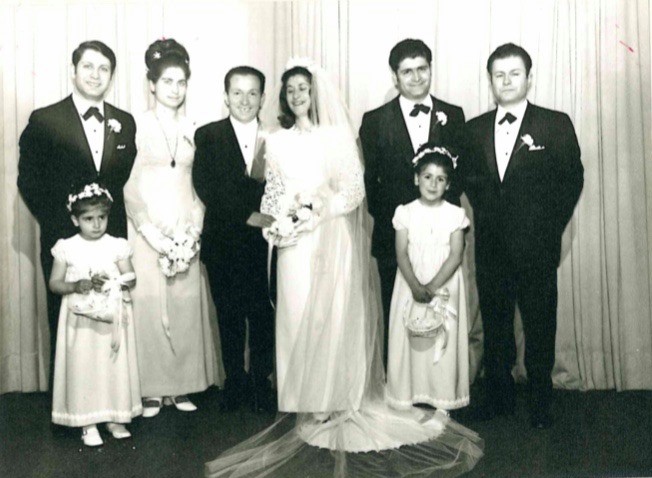
In the 1960’s, the brothers took over Jim’s Café at 298 Summer Street, Orange. Later, the Gryllis’ bought the Carlton Café at 307 Summer Street and Michael even opened the Welcome Patmos restaurant in the early 1980’s.
Chris himself says that when he first arrived in Orange, he also started working with his brothers in their food businesses. In 1974, he became “sick and tired of the food industry.” Instead, he entered the real estate industry and opened his own business on Summer Street. After 58 years, the office was relocated to 74 McNamara Street in March 2020.
Fostering the Greek community and language:
But being a real state expert in a rural town is not all Chris is known for in the 1970’s. In fact, during this period, Chris and his wife Mosha, who he met and married on a trip to Greece in 1974, also became more involved in fostering the Greek community of Orange.
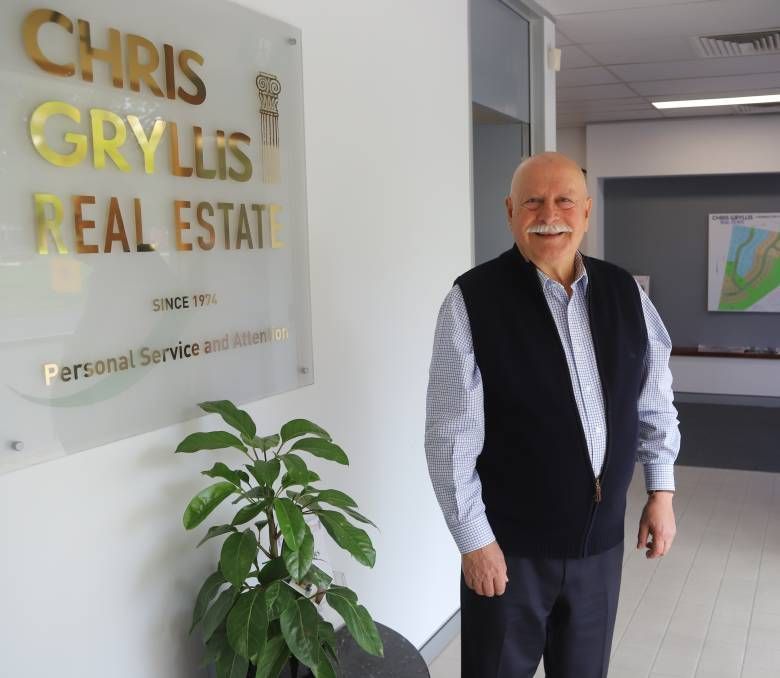
“After six months in Greece, I came back to Orange and we were determined to organise a way to teach the Greek children in Orange the Greek language,” Chris explains.
“In the early days, I set up a school in my house to teach Greek children and later on, when I was President of the Greek Community of Orange, we bought a little hall and we also began teaching Greek dances.
“It was a bit hard to achieve, but I believe a number of young kids benefited from the plan.”
Sadly, that’s not all that was hard to achieve in a rural town. Chris says that because of the smallness of the Greek community, even the traditional Greek Ball’s, which ran annually in Orange for 18 years from the mid 1960’s, “ceased to operate a few years ago.”
But the former Orange councillor of over 20 years adds that he still loves to live in the rural town as he’s never had to hide his Greek heritage.
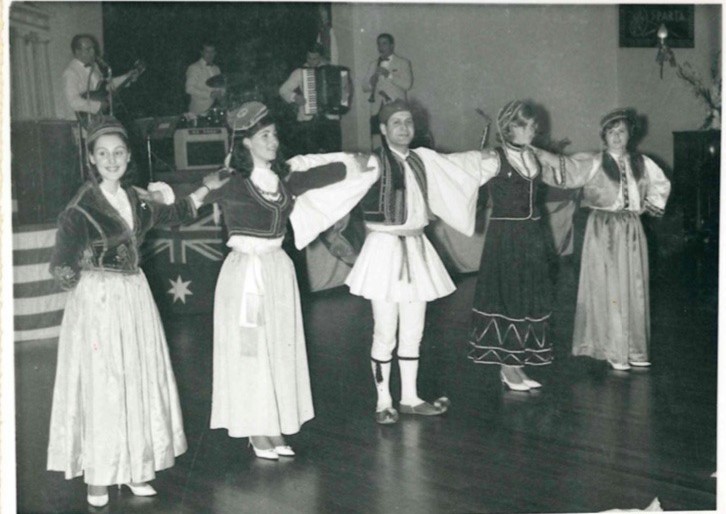
“I enjoy the fact that I was proactive in assimilating without giving away my heritage. And in fact, on my travels with fellow councillors or the Mayor, more than once I was introduced as the Greek councillor and I was very proud of that,” Chris says.
‘We never thought we were different’:
Can the same be said, however, for a second-generation Greek Australian who was born in Orange to Greek parents? To find out, we spoke to Chrissa Gryllis, the daughter of Chris’ late brother Theo, who has lived in the rural town her whole life.
Chrissa is the youngest of three siblings – an older sister and brother, who sadly passed away many years ago. She tells The Greek Herald that as young kids they never felt different, even though they went to a Catholic high school.
“We were probably one of the first Greek families in Orange in the 1980’s to go through the Catholic school system. But we never thought we were different at all… we had a good group of friends, so we were lucky,” Chrissa explains.
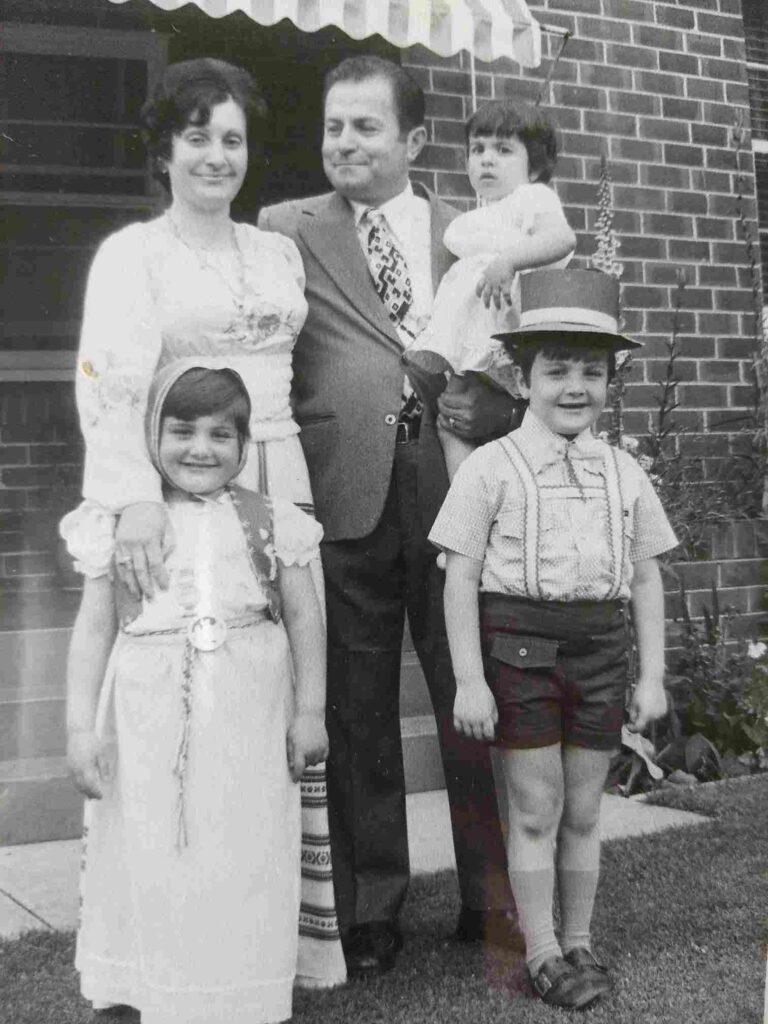

“We even did weekend sport along with everyone else. I played netball for about six or seven years and there were music lessons. It was just mainly to be involved in the local community as much as we could.
“At the time, there was also Greek school at least once a week. There was a teacher that used to come from Sydney and we’d learn the alphabet and read books. But that was only for about four or five years.”
Since then, Chrissa and her sister have opened their own successful optometry business in Orange, where Chrissa works as an optical dispenser. While their powerful business dynamic hasn’t changed for the last 12 years, Chrissa says the same can’t be said for her rural hometown.
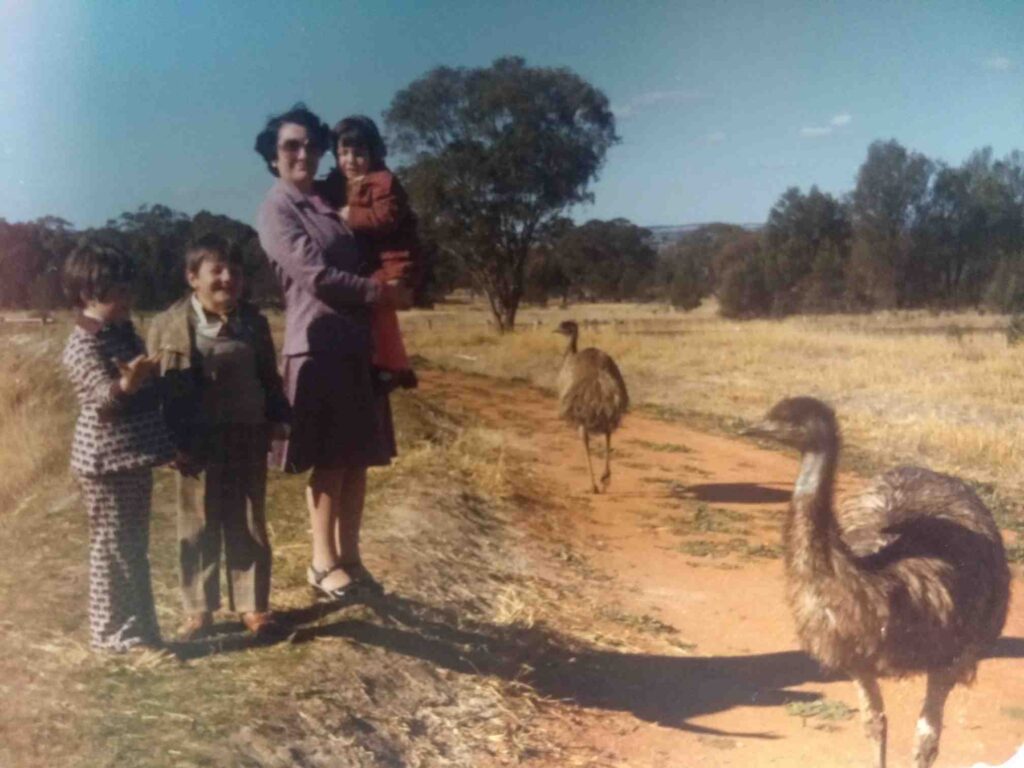
“There’s not a lot of Greek events like there used to be maybe 20 or 30 years ago when there were more Greek people around. It’s just the monthly church service now,” Chrissa explains.
“But I’m very proud of my Greek heritage. We grew up with a strong belief in the church, so that has always been a part of our life. But because we lost our parents at such a young age, we try to connect more with family in Greece… and we try as hard as we can to keep that going.”
A powerful statement which shows the truth of what it’s like growing up Greek Australian in a rural town – cultural events might be slowing down but a person’s love for their Greek heritage only continues to grow.

